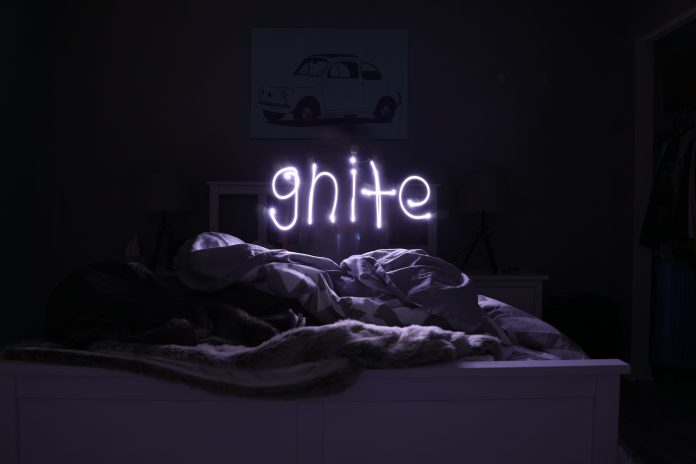Most seniors have trouble sleeping. That’s a scientific fact.
Diminished sleep quality is part of the natural aging process, just like having trouble hearing or a harder time standing up. Our ears, knees—and our body clock—simply don’t work as well they used to.
It’s true, too, that seniors are prone to some unique situations that make sleeping difficult. Chronic pain, for instance—81 percent of arthritis patients report having trouble staying asleep. Assisted living or rehabilitation facilities are another. When you don’t go outside as much, the lack of natural light confuses your body clock. Seniors in rehabilitation facilities may not go out at all—and the result is random napping because the body doesn’t know when night is.
This is all true—but it’s also all general. It doesn’t mean anything for us as individuals. Poor sleep can happen to anyone, at any age. If you’ve decided that retirement isn’t for you, you might be nervous about your big presentation to investors. You might be nervous about whether your alma mater is going to win their next football game. These aren’t senior things, they’re everyone things.
Ask yourself, no matter what age you are: Am I sleeping well?
Good sleep means:
-
Limited restlessness before falling asleep.
-
Only a few small interruptions during the night.
-
Feeling refreshed — not groggy — when you wake up.
Sleep quality changes from day to day. You fall asleep fast on Tuesday night, but wake up groggy Wednesday morning. Why? Who knows. Just make sure it doesn’t happen too often. If it does, do something about it.
Because sleep is as important as eating and exercise. Many of the physical and mental problems that cause bad sleep can also be cured by better sleep. Those little aches and pains that won’t seem to go away? If you sleep better, they might.
You probably already know how to eat better and exercise better, but do you know how to sleep better? This guide to better sleep for seniors offers strategies seniors can use to get a better night’s sleep. Get ideas for establishing a routine, improving your sleep setup, and what you should (and shouldn’t) be eating.
Better sleep could be the missing ingredient in your recipe for a better quality of life.























